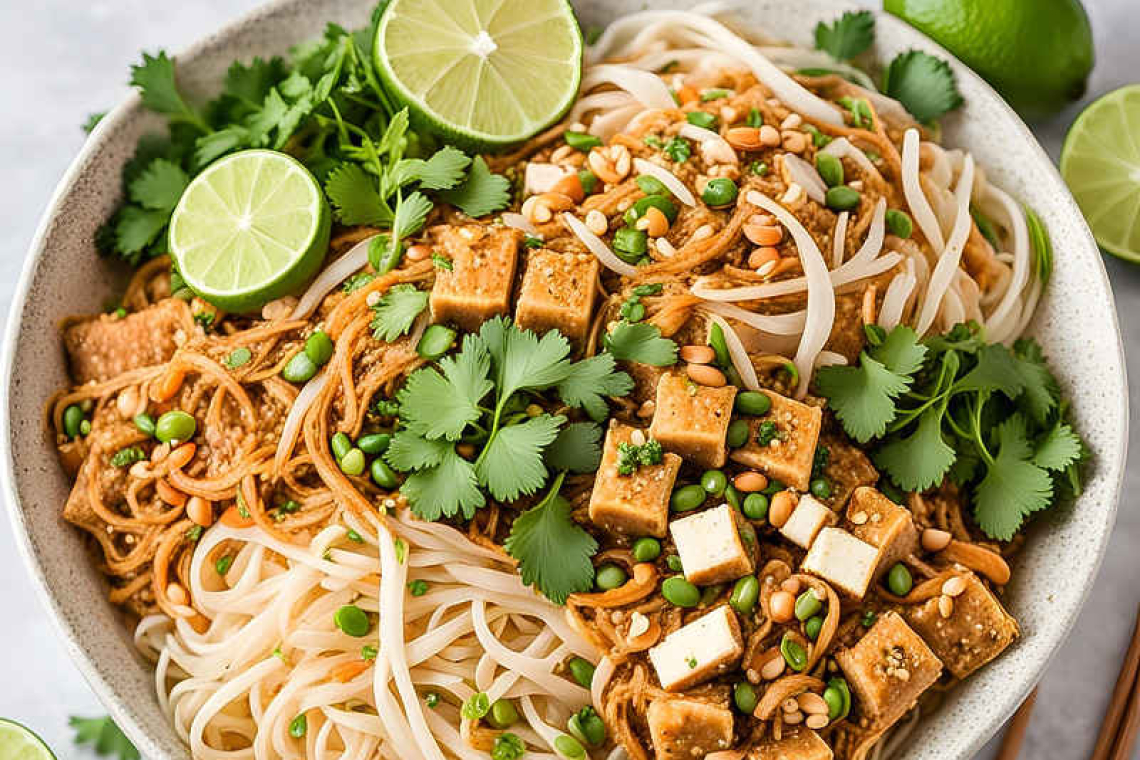By Dr. Colin Michie FRCPCH
Your diary and home life may be neat and well-planned, but you are sure to find yourself shopping hurriedly for a meal at some point. When you are hungry, how do you choose where to go, what to buy? Choices put our values on the line!
We all strive to gain health benefits from nutritious foods. We would like to improve our physical capabilities, our appearance, our mental capacities, our futures. Whether it is our skin, hair, muscles or our concentration, we plan to drive our dietary habits towards healthier choices. But consumer surveys show that healthy habits are challenged by speedy shopping.
Powerful distractions lie in those carefully designed traps in snack aisles, or the temptations of crisps, sweets and chocolates nearer the checkouts. High-speed food shopping requires will power: Noisy snack monsters must be tamed, denied. Between food industries and supermarket aisles, our personal direction is overtaken by advertising or small print confused in the packaging and wrappings.
So, as an example, should one buy tofu or baked beans to fill out a dinner? They are both healthy sources of plant proteins with a low glycaemic index. After all, they are both magic beans. You can bake, steam or fry them: They are probably both safer once cooked, rather than plated out raw. Soya products like tofu have lower protein, carbohydrate, fat and fibre and more calcium than most beans – great for those who are counting calories. Tofu’s culinary flexibilities, stretching from soup to dessert, provide advantages to many menus. Much has been written (based on little human evidence) that soya products mess with our hormones – this is unlikely even if you consume soya products daily. So a choice here should not be too difficult, depending on your requirements!
Another challenging decision and shopping habit might include noodles. These can be a gastronomic rocket for rapid, tasty dinners, with their varieties of shapes and textures, their uses stretching from soups to stir fries and salads. Noodles vary, particularly with respect to gluten. Those with coeliac disease, or allergy to wheat, can safely buy rice-based noodles which are usually gluten-free. Many find such rice-based meals more satisfying too, because they are less likely to cause acid reflux or heartburn.
Noodle industries are vastly impressive: they have created rice-based noodles with appealing physical consistency, tensile strength, mouth feel and useful shelf life. Starches within foods have different components, some of which digest rapidly, others less so, contributing to blood sugar levels after a meal – the glycaemic index. In order to slow sugar release into the blood and to improve a glycaemic index, amylose from maize may be added to rice flour.
As processed foods, some noodles have high salt levels to improve flavour: This is unlikely to promote health, so it is worth checking the label. And on an island, it is always important to check those best-by dates and packaging of such dried food products – insects such as weevils, beetles, or the infamous drugstore beetle can make entries into a food packet and live on the contents. Although rarely a cause of illness, food contamination can present potential dangers.
Would you pick up a bag of chicken nuggets, or alternatively shrimp on a shopping dash? Both are great sources of protein; but chicken has more of this (for the muscle-builders) as well as a higher calorie content; shrimp is lower in fat and so has the advantage if you are following a weight loss track. Chicken has higher fat levels in thigh meat when compared to breast cuts. Both have many fewer calories than salmon, for instance, and are popular sources of protein. Micronutrients vary between them – vitamin D and iron levels are higher in shrimp; the B vitamins are usually higher in chicken.
Shopping decisions could involve fruit: Guava or banana? This competition is easier, as guavas have fewer calories, more fibre, less sugar, a lower glycaemic index, more vitamin A (10 times greater) and C (over twice as much). True, both fruit are nutritious, but guava commands a place in your basket.
Several decisions may have to be made on the spur of browsing moments, when habits become important. This is precisely when we may be driven, subconsciously, to treating ourselves. So here is a different idea: You might consider taking an artificial intelligence consult. Put your questions to an AI bot! Bots can concoct useful tasty recipes, perhaps saving you a shopping trip and unnecessary purchases. They can list information on calories or fat content; they can become personal, helping prioritise your health goals. Perhaps AI can make healthy shopping easier... If not, those old-fashioned strategies work too.
Dr. Colin Michie specializes in paediatrics, nutrition, and immunology. Michie has worked in the UK, southern Africa and Gaza as a paediatrician and educator and was the associate Academic Dean for the American University of the Caribbean Medical School in Sint Maarten a few years ago.
Useful resources: eatforum.org ~ jamieoliver.com







